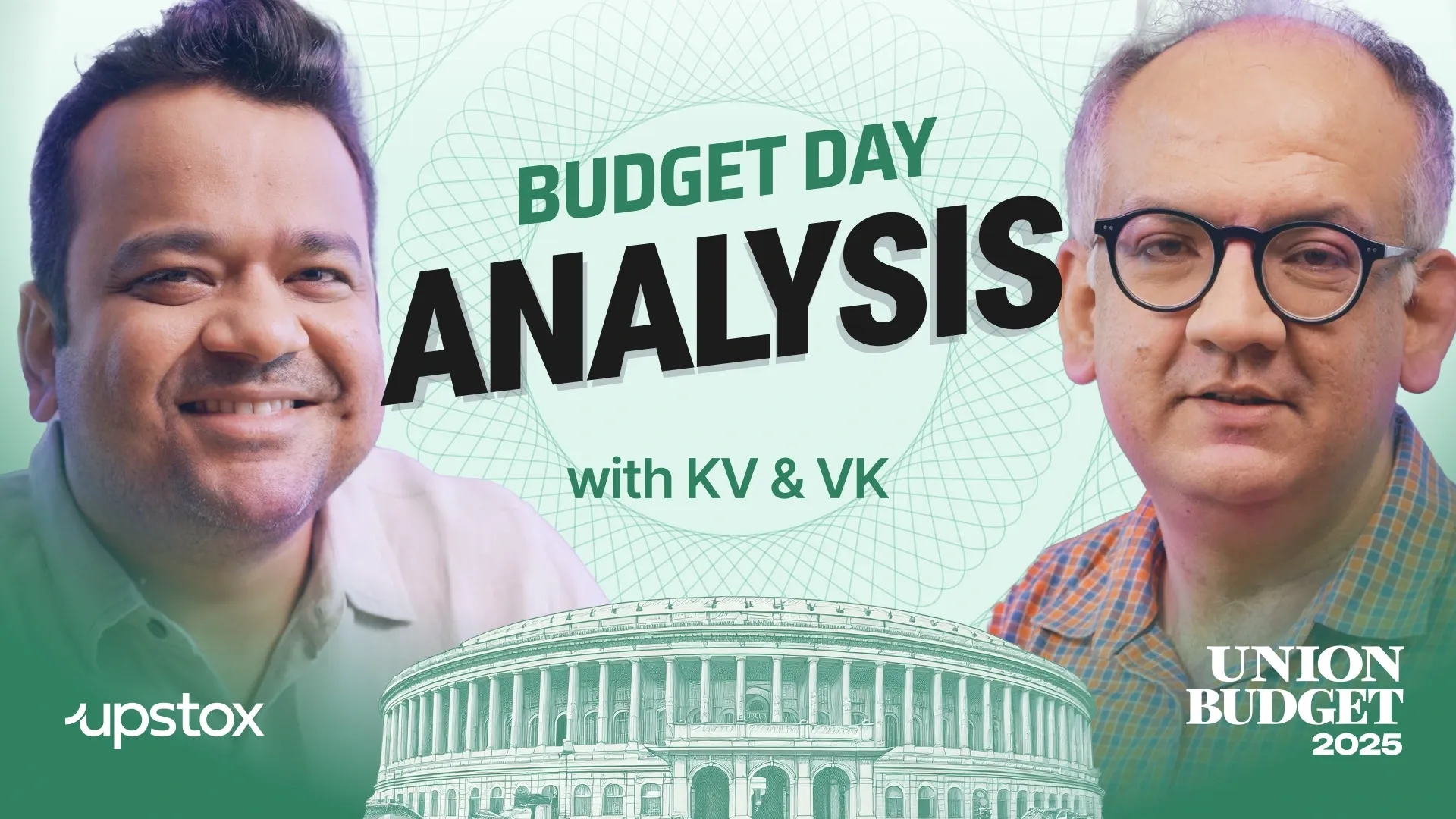Business News
Why 8th Pay Commission expenditure found no mention in Budget 2025-26? Govt official explains
.png)
3 min read | Updated on February 03, 2025, 13:09 IST
SUMMARY
The much-anticipated 8th Pay Commission may bring salary revisions for millions of central government employees and pensioners, but don’t expect an immediate budgetary impact. Here's why

8th Pay Commission recommendations are expected to be implemented from January 1, 2026.
“Previous commissions have taken more than a year to present the report. If the 8th Pay Commission is constituted even in March 2025, its report should come in by March 2026, though it could take less than a year. For FY26, we don’t see any impact from the 8th Pay Commission,” Moneycontrol quoted Govil as saying.
The 8th Pay Commission is expected to benefit over 49 lakh central government employees and nearly 65 lakh pensioners.
Appointments, ToR soon
The government is likely to soon appoint the chairman and two members of the commission, with consultations expected to take place with central and state governments and other stakeholders. Historically, all pay panels, except the first, have had a member secretary from the Indian Administrative Service (IAS).
The finance ministry is also expected to specify the ToR in a resolution, outlining the scope and objectives of the 8th Pay Commission’s work.
According to the Moneycontrol report, the finance ministry has reached out to the Ministry of Defence, the Ministry of Home Affairs, and the Department of Personnel and Training to suggest the terms of reference (ToR) for the commission.
On whether the government has an estimate of the financial impact of the 8th Pay Commission’s recommendations, Govil said it will be up to the commission to assess the economic conditions and recommend appropriate pay revisions.
“We have some information on how it cost under the 7th Pay Commission, but every commission is different, the conditions that confront them are different, so it will be for the commission to decide, but it is not even expected to have an impact on the Budget for FY26, since the earliest one can expect the report is when the budgeted period is possibly over,” Govil said.
He added that if the Commission’s recommendations are accepted in FY27, some of them may be implemented retrospectively from January 1, 2026, for three months falling in FY26, according to the report. However, since these would be arrears, the expenditure would be rolled over to 2026-27.
Related News
About The Author
Next Story



